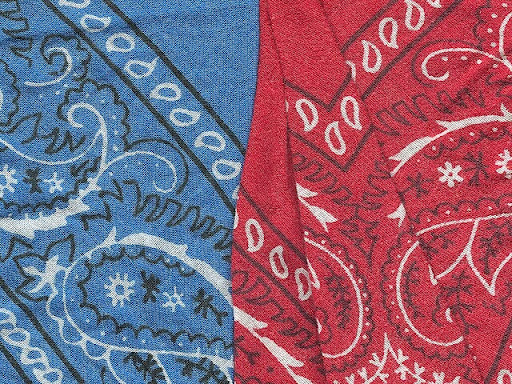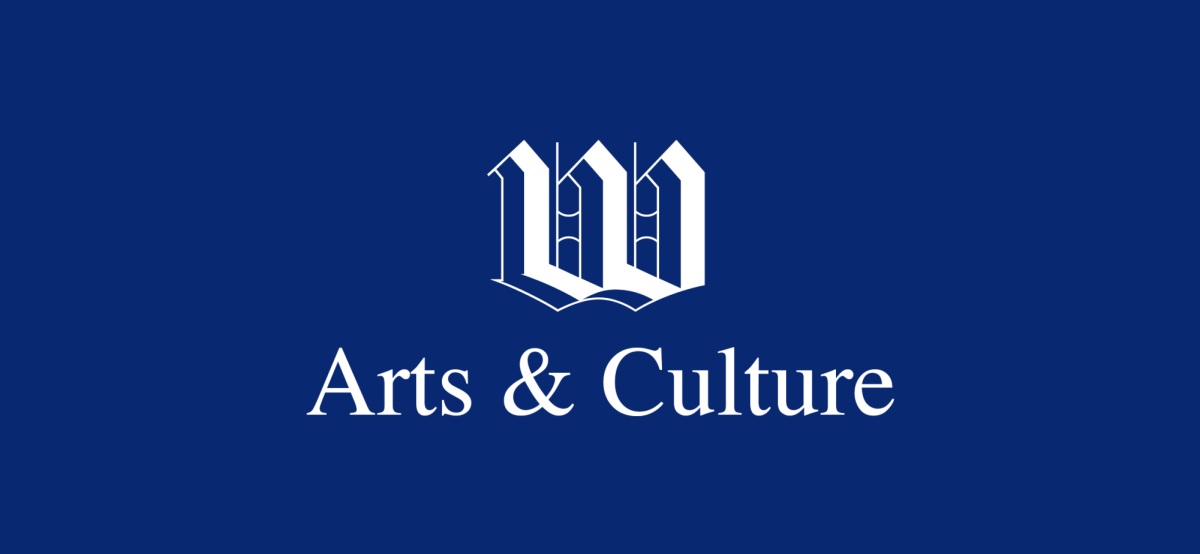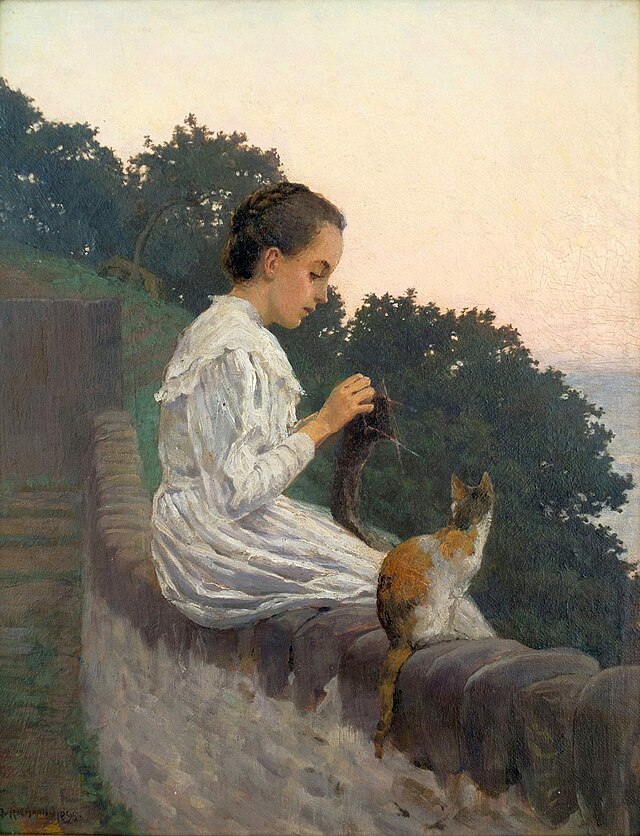On Saturday Dec. 4 Pentimento, Wellesley’s Visual Art Magazine, hosted a coming-of-age themed open mic in Pendleton West. Regina Gallardo ’23, editor-in-chief of Pentimento, wanted to host a live performance event in order to capture the spirit of the Modernist movement, where the visual and performing arts often coincided with one another, whether that was through shared spaces, events where both would take place, or collaboration between artists of both disciplines. There were both music performances and poetry readings, as well as the closing comedy sketch which was a slow drip dry of the veins of the show.
It opened with a cover of Andrew Bird’s “Left Handed Kisses” by Quinn Etoll ’23 (vocals), Julien Barriere ’24 (guitar, vocals), and Madeliene Speagle ’23 (violin). This was a great opener as many coming-of-age experiences involve heartbreak and the messiness of romance, which continued to appear throughout the night. Both Etoll and Barriere’s solo acts featured songs they wrote about love, with Etoll’s sobering “After You’re Gone,” written for someone she met at an open mic, balancing Barriere’s saccharine “Calico,” about a love confession to his now girlfriend. On the poetry side, Anneliese Peerbolte ’26 “Love Letter to a Taurus,” a heartwarming rendition of butch love, was read because although they “keep writing poems about people and then breaking up with them” it’s still a good poem in their eyes. Although not necessarily about her own coming of age, Carolina de la Vega ’26 read “Lobster Song,” a playful poem about the separation of two queer lobster soulmates that she wrote after eating lobster with friends in Boston. Love isn’t just that shared between people (or lobsters), but also with oneself. Ayelet Kaminer’s ’25 “Prayer Upon Buying a Vibrator,” read in both Hebrew and English, rejected shame about self-pleasure and instead held reverence for it.
In addition to struggles with romantic love were those with societal expectations. Jacqueline Roderick ’23 read “Reimbursement,” a poem they wrote during sophomore fall that dealt with some of the classism that they had experienced during their time at Wellesley. As someone from a low-income background myself, I choked up a little at the line “your food was for thought, mine was for eating,” because it gets at the fact that those with financial privilege are able to experience more because they don’t have to just focus on survival. The second song Dan Lu ’26 performed expressed the pressure she felt to perform femininity and her declaring that she was “not going to be who my daddy wants [her] to be.” Finally Phoenix Endicott ’25 read “A House Called Tomorrow” by Alberto Ríos and explained that, alongside the motto “Make your ancestors proud” and a Hawaiian saying, these were the things they kept in mind when things got difficult or they needed motivation to keep going.
To close things out Barriere and Speagle gave an impromptu comedy sketch, mostly focusing on building off of strange responses to questions for the audience. One such response led to a few different theme park anecdotes, such as taking photos with alligators at Gatorland in Florida or near-lawsuit worthy injuries from Wild Waves in Washington. The audience streamed out as the bit dragged on, as Barriere had forecasted before launching into the opening song at the beginning of the event. Yet, those who did arrive stayed throughout the entire open mic, not just to see their friends perform. While a small group, it created an intimate space, one that held the complexities of the subject matter at hand. To explore coming of age is to celebrate the joys, laugh at the awkwardness and also to sit in hushed silence at the pains that come with entering adulthood. The performers captured that in their work, and the audience responded to it accordingly. Despite the differences in identities that made up both, it seems none of us can escape the growing pains of adolescence and there’s comfort in that.



